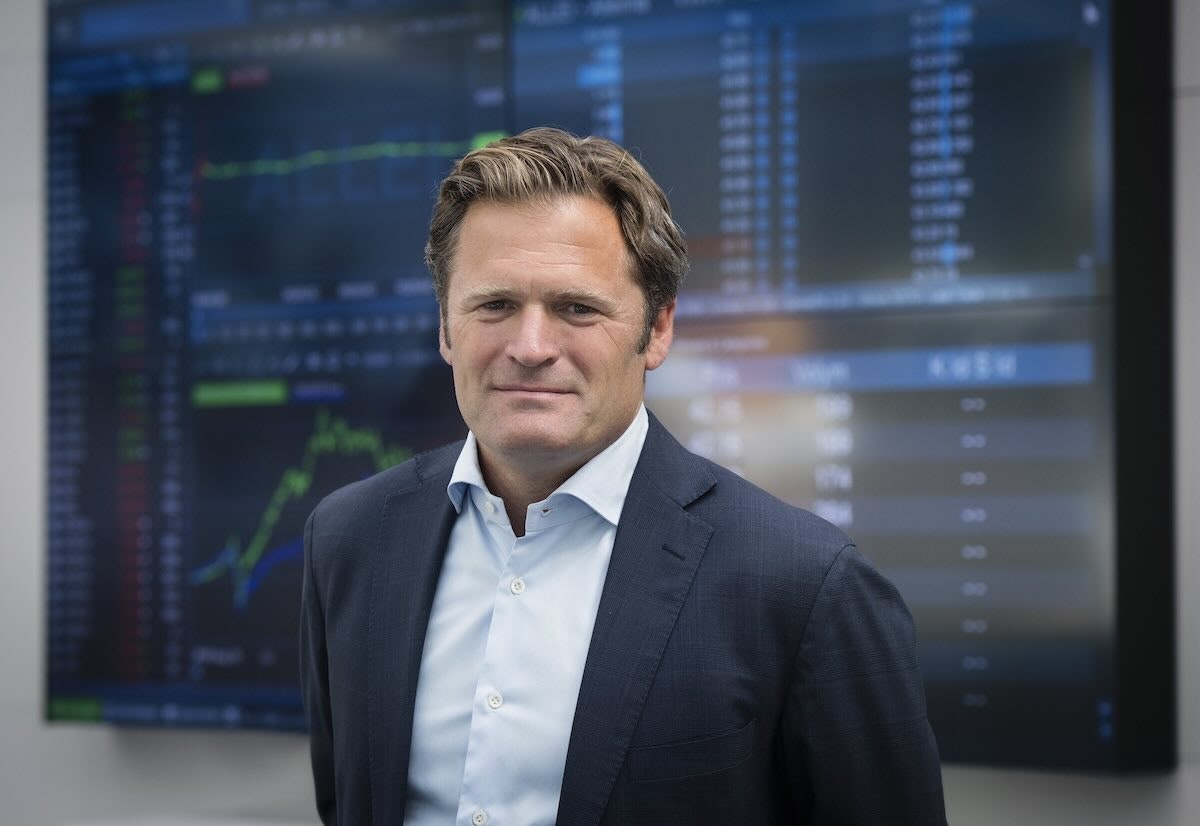This article first appeared in Sifted’s Daily newsletter, sign up here.
Calculated, considered and cautious aren’t words I would’ve associated with fintech when I first started covering the sector in 2021. That year, $16bn was invested into European fintech and there were 32 new additions to the sector’s unicorn stable; there was expectation that there would be a steady stream of companies debuting on the public market in the years that followed.
But at Accel’s Fintech Summit in London yesterday, the fintechs gracing the stage showed restraint in their words — to quote the internet trend du jour, the sector is in its “very demure, very mindful” era.
On stage, for instance, the CEOs of Monzo, Trade Republic and Qonto stressed they were in no rush to IPO. “I think it feels like it would be the natural thing [to do] at the right time,” said Monzo’s TS Anil. “But there’s no urgency to get there.”
Trade Republic’s Christian Hecker also hinted the Berlin-based startup has reined in its ambitious hiring plans that characterised the pre-downturn era. He said it now prioritises being as lean as possible — and admitted making “hiring mistakes” in bringing in some senior executives who didn’t end up making an impact on the business.
And during a panel on fintechs focusing on the SME segment, Carlo Gualandri, CEO of expense management platform Soldo, urged caution when expanding to new countries.
“Opening in a market that is not your native market is a very hard thing,” he said. “Just saying I’m going to put the flag down and send an expeditionary force to France because — of course — France is just waiting for me is a recipe for disaster.”
Even AI and its encroachment onto fintech — which some other conferences like Money 20/20 can’t seem to get enough of — was met with greater scepticism by some speakers.
“I need to admit I’m a bit more sceptical on all things AI,” said Hecker on stage. “Especially within the organisation I’m seeing more of a flight to the bottom where people are using AI and they don’t learn the craftsmanship of the job anymore.”
A healthy dose of caution is perhaps necessary after the heady days of the post-pandemic boom. But what will be the next trend to revive investor excitement in fintech’s early-stage startups, I wonder? Readers, I’d love to hear your thoughts too.
That’s not to say there aren’t new fintechs emerging. I’ve covered startups founded by former Revolut and Checkout.com alumni that have emerged from stealth this year — both with B2B business models, which investors I speak to wax lyrical about.
Yet, the numbers don’t lie — there has yet to be a noticeable flurry of funding into B2B fintech. Last quarter, the climate tech, healthtech, deeptech and B2B SaaS verticals all outperformed fintech in deal count and funding.
Secondaries are also the talk of the town at the moment, with Revolut, Monzo and, most recently, Moneybox, opting to raise funding through share sales.
While that might help fill more mature companies’ liquidity needs, it’s got me wondering where that leaves fledgling startups that are yet to make their mark on fintech.
This article first appeared in Sifted’s Daily newsletter. Want more stories like this? Sign up here.



